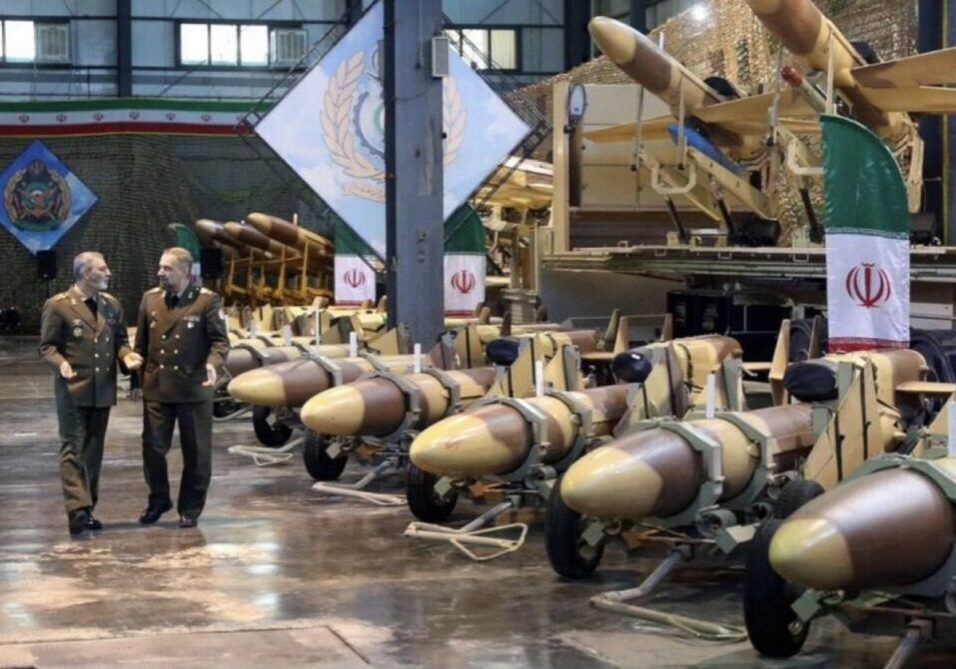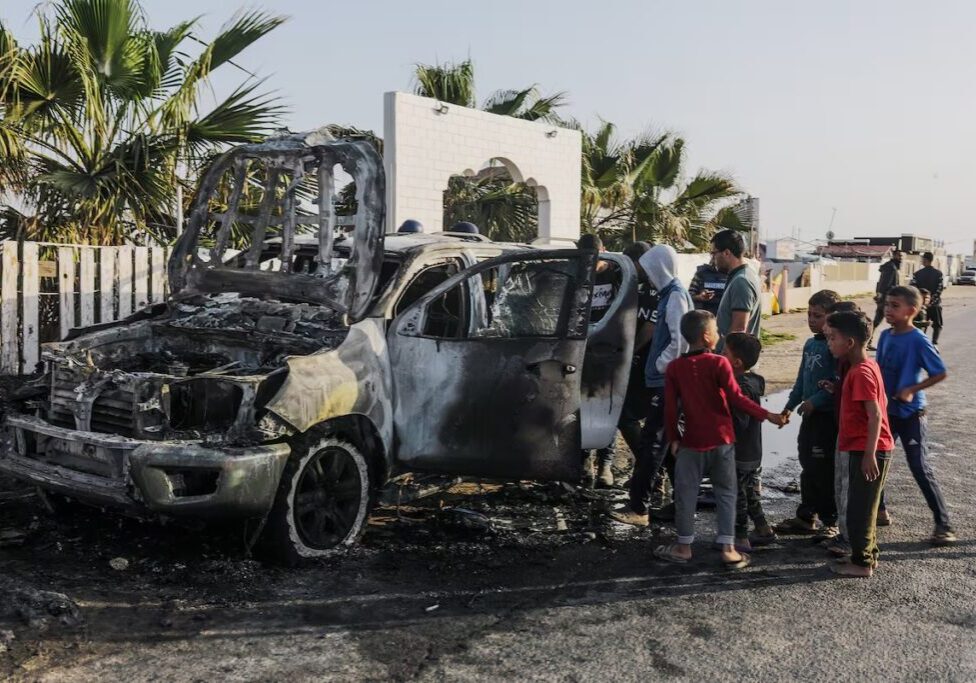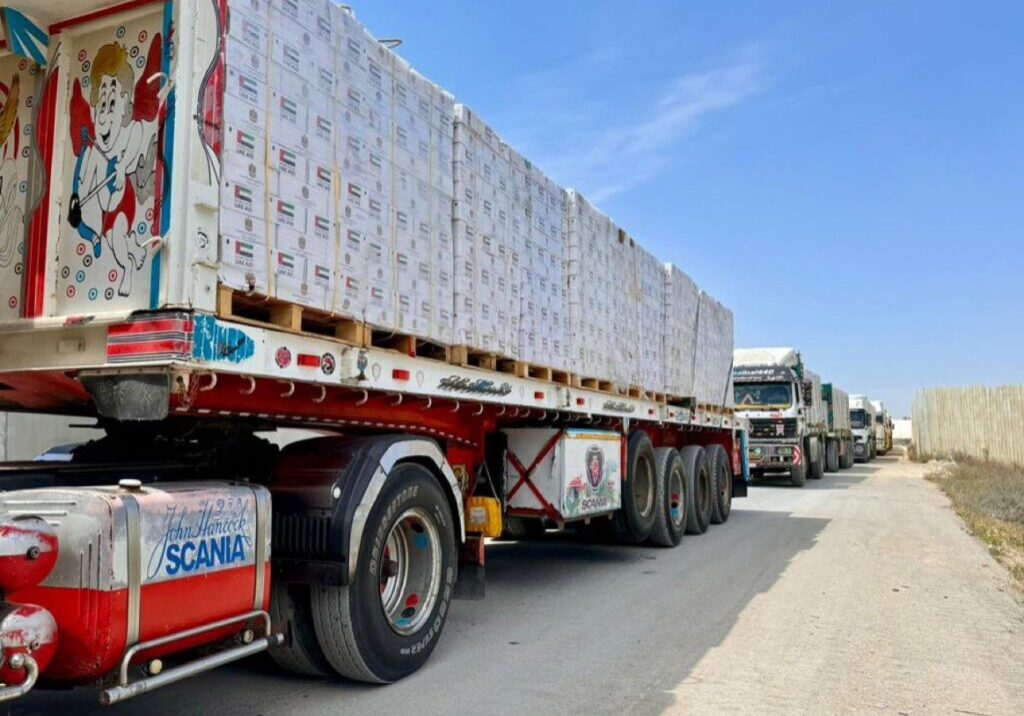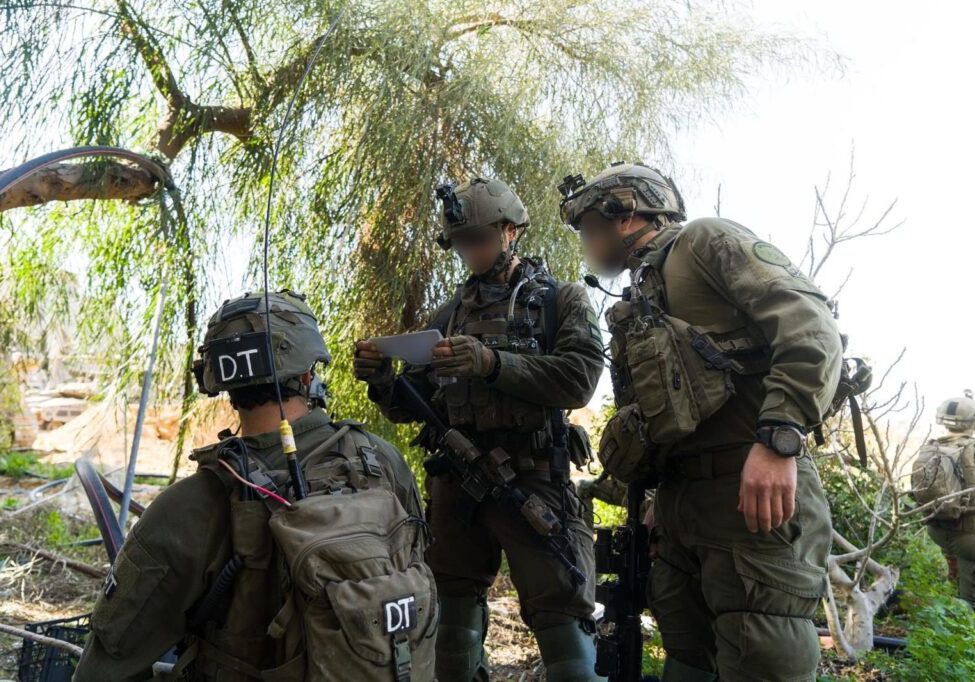Australia/Israel Review
Teheran’s Gaza Gambit
Jan 23, 2009 | Yoram Schweitzer
Benefitting from the violence
By Yoram Schweitzer
Behind the scenes in the war between Hamas and Israel, there was a party playing a key role that aspires to be the big winner in the fighting – Iran. As in the Second Lebanon War between Israel and Hezbollah, Iran is gaining precious time to promote the leading strategic goal of its policy in recent years: Attaining nuclear weapons capability.
While intensive international criticism has been hurled at Israel, the major part played by Iran in inciting warfare in the Middle East has attracted little public attention. Iran, which has exerted massive efforts in training, supplying, arming, and financing its proxy organisations in the Middle East, has managed to skirt any real criticism. Iran’s benefit from inciting acts of violence is twofold: First, it helps prepare local forces for battle, while the subsequent fighting diverts international attention to areas far away from Iran. Second, Iran is called upon to help rebuild the non-sovereign forces that serve its interests. Iran has avidly fulfilled this role, arming and supplying these forces again in preparation for a possible further round of fighting.
Since the theocrats assumed power (waliat-e-faqih) in Iran in 1979, the regime has used terrorism as an effective tool for advancing its political goals. In its first two decades, the Iranian regime used terrorism directly and crudely through its intelligence agents, whom it sent to liquidate opponents of the regime in Iran and abroad – including those residing in Western countries – with no scruples about violating the sovereignty and law of those countries. At the same time, Iran sent its proxy organisations into action, which likewise liquidated opposition figures (for example, the 1992 assassination of Kurdish party exiles in Berlin). Iran also escalated its operations against targets in Western and Arab countries whose policies countered the interests of the regime.
In recent years, Iran has shifted its policy to the indirect use of terrorism, with a focus on boosting the military capabilities of its full and partial proxies by supplying them with equipment and armaments of extremely high quality and providing advanced military training on its sovereign territory. This policy is designed to enable Iran to harass and even confront its enemies militarily, first and foremost Israel. Thus Iran trained many Hezbollah personnel and supplied the organisation with superior equipment and armaments, until Hezbollah reached a military level equivalent to that of regular armies in sovereign countries. This capability was demonstrated in the Second Lebanon War and, as expected, served the interests of Iran.
Over several years Iran has adopted a similar policy towards Hamas, although relations between the two differ compared to those with Hezbollah. For Hamas, it is a marriage of convenience that it espoused in the absence of other patrons. Iran is the party supplying Hamas with long-range rockets that target southern Israel and are even liable to reach the outskirts of central Israel. Iran has also helped Hamas (as well as Islamic Jihad, which was responsible for much of the shooting at southern Israel that led to the end of the ceasefire and which was probably also a part of the recent bombardment of Israeli cities) by training a large part of its fighting force. In recent years Hamas members have undergone military training at facilities in Iran, ranging from basic six-week courses to advanced 18-month training. Iran thereby provided Hamas with a high level of military and command training, and equipped it so that it grew from an organisation dispatching terrorist squads to a hierarchal military power trained and equipped to fight against Israel.
Before and during Operation Cast Lead, Hamas’ military doctrine and reasoning – like Hezbollah’s – was based on Iranian military doctrine. This doctrine relies on launching rockets against Israeli cities in order to put more and more civilian areas into the range of fire with the goal of levelling indiscriminate physical damage, arousing anxiety among Israeli civilians, and exhausting them to the point of disrupting their lives.
For its part, Iran is waiting patiently for what it anticipates following the campaign in Gaza. With Israel having struck Hamas’ civilian, economic and military infrastructure heavily, it is clear that the organisation will need thorough rebuilding, a renewed supply of equipment and armaments, training of new forces to replace those that were hit and of course substantial financing. The available and willing partner to provide support and aid is Iran. Iran stands decidedly as Hamas’ principal supporter, in contrast to Saudi Arabia, Egypt, and Jordan, which object – albeit some only verbally – to Hamas’ policy of terrorism that eventually led to Israel’s harsh response.
In the struggle against Iran, Israel currently has many potential allies among both Western and Arab countries. These countries regard Shi’ite Iran as a rising and negative power that threatens the stability of the global and regional order through both nuclear proliferation and terrorism. While Iran seeks to remain behind the scenes but continue to fan the flames of discord and incite violence in the Middle East, Israel should fully illuminate this policy and expose Iran’s negative role.
US President Barack Obama has declared his intention of entering into dialogue with Iran in order to test its willingness to change its nuclear policy and refrain from active efforts to obtain nuclear weapons. In addition to this important issue, it is necessary to thwart Iran’s efforts to ignite the Middle East. Iran should be confronted with a demand to stop its active support of Middle East organisations, principally Hezbollah and the Palestinian organisations such as Hamas and Islamic Jihad, which act with Iranian support to disrupt any moves towards peace between Israel and Lebanon and between Israel and the pragmatic Palestinian camp. This demand, if accepted by Iran, is likely to help the Obama Administration promote possible understandings and political arrangements in the Middle East.
Until the Obama Administration’s success in changing Teheran’s ways has been tested, Israel must expose to global opinion makers – including those that severely criticise what they deem as a policy of disproportionate response against its attackers from the north and south – the role of Iran as an habitual inciter of violence in the region and the principal beneficiary of that violence. These benefits to Iran lie in several areas: diversion of the international community’s attention from the nuclear issue to the outbreak of violence in the region and the need to invest efforts in solving it; attrition of Israeli society in an ongoing struggle; engagement of the IDF and diffusion of its efforts; and solidified and strengthened Hamas dependence on Iran, which thereby encourages Hamas to serve as an Iranian instrument and entrench its obligations to Iran.
Dr. Yoram Schweitzer is Director of the Program on Terrorism and Low Intensity Conflict at the Institute for National Security Studies (INSS) at Tel Aviv University. © INSS, reprinted by permission, all rights reserved.
Tags: Iran






